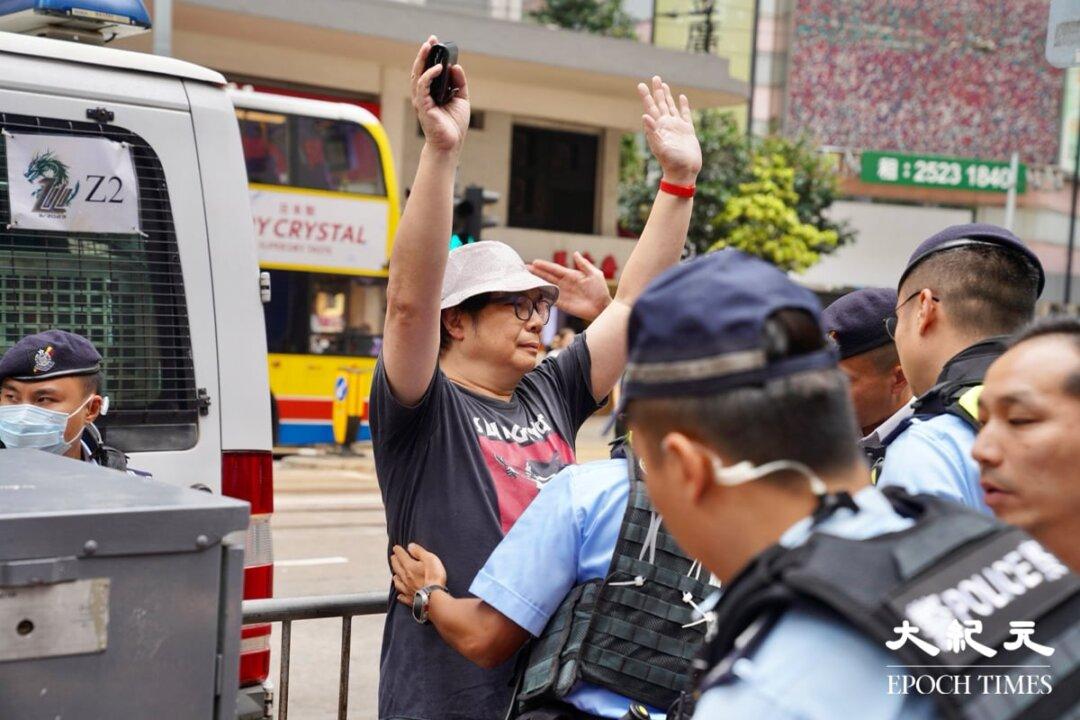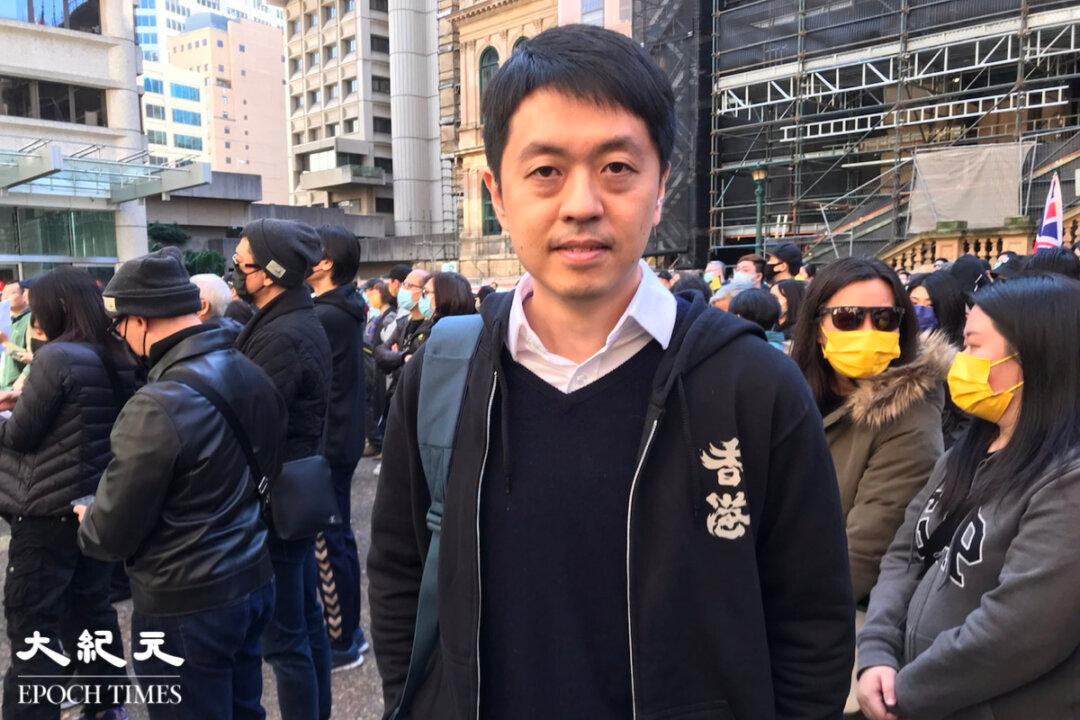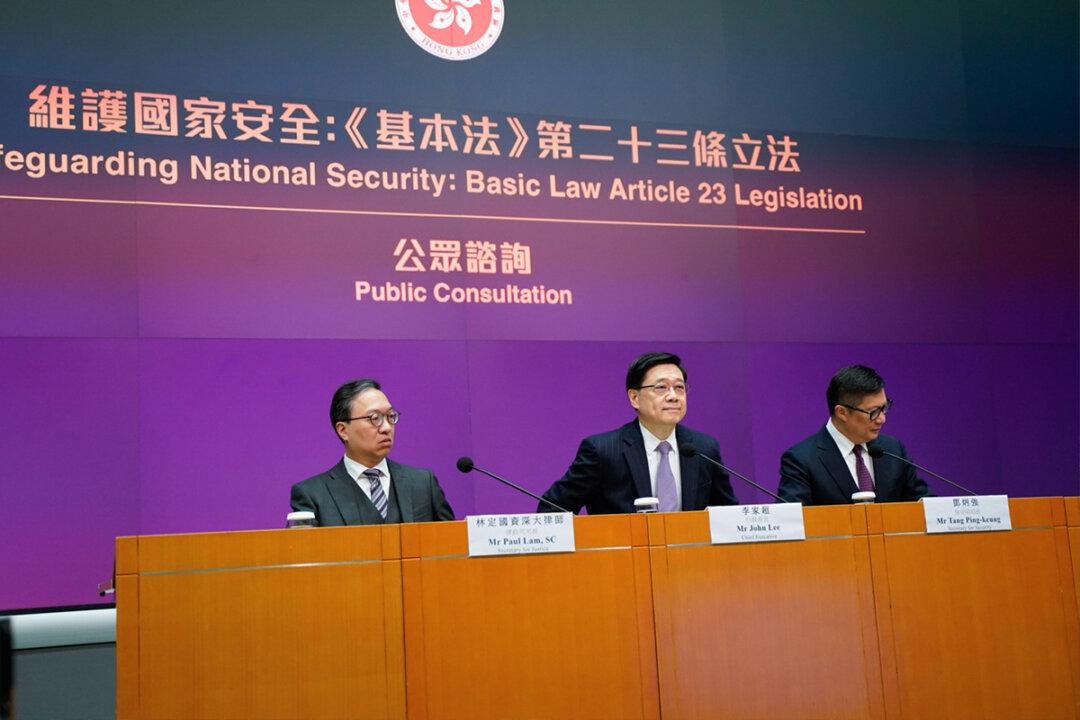Aside from removing many books and collections off the shelves amid the National Security Law, Hong Kong public libraries have been unable to meet their targeted quotas for new book materials and were criticized by the Audit Commission.
From 2020 to 2021, after the Hong Kong government implemented the National Security Law, the gap between the number of new Chinese adult book collections and the quantities of books ordered in development plans widened.




